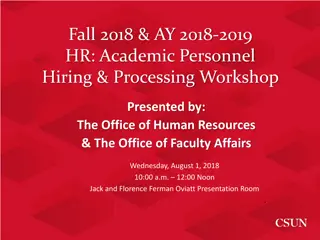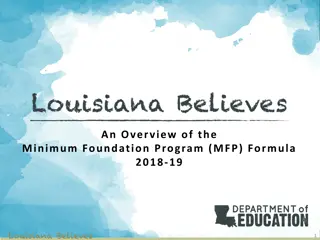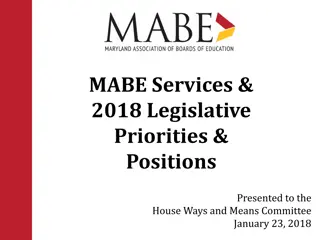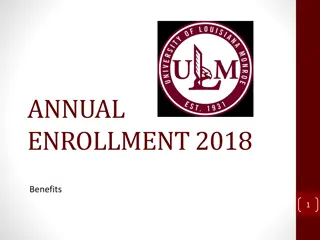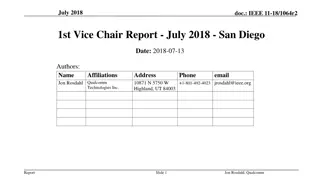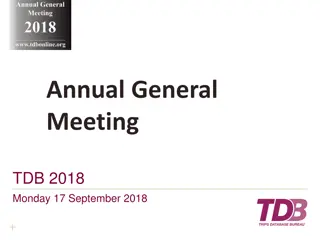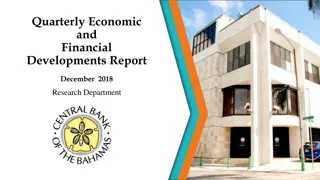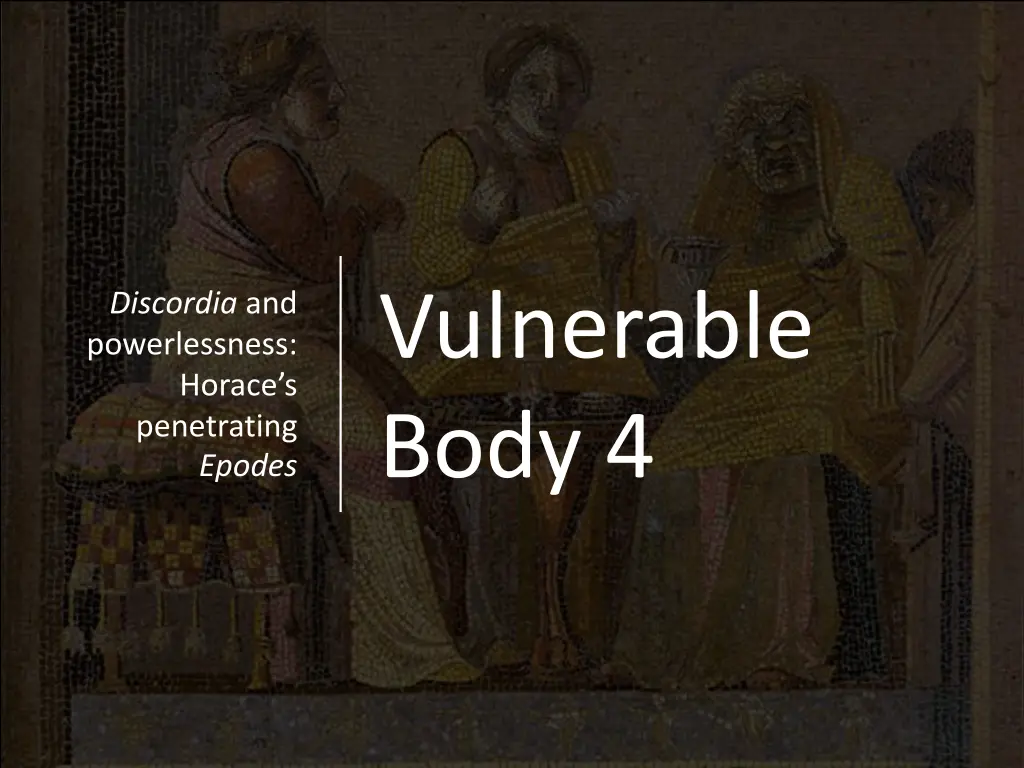
Horace's Insightful Epodes: Exploring Vulnerability and Powerlessness
Delve into Quintus Horatius Flaccus's Epodes, where he grapples with themes of impotence and social-cultural inferiority, turning them into tools for a different kind of mastery. Explore Horace's life, his diverse personas, and the unstable political backdrop in which he crafted his iambic poetry. Discover the key factors that shaped Horace's poetic investigations and poses of authority, modesty, and submission amidst turbulent times in Rome's history.
Download Presentation

Please find below an Image/Link to download the presentation.
The content on the website is provided AS IS for your information and personal use only. It may not be sold, licensed, or shared on other websites without obtaining consent from the author. If you encounter any issues during the download, it is possible that the publisher has removed the file from their server.
You are allowed to download the files provided on this website for personal or commercial use, subject to the condition that they are used lawfully. All files are the property of their respective owners.
The content on the website is provided AS IS for your information and personal use only. It may not be sold, licensed, or shared on other websites without obtaining consent from the author.
E N D
Presentation Transcript
Vulnerable Body 4 Discordia and powerlessness: Horace s penetrating Epodes
Quintus Horatius Flaccus, son of a libertus Epode 15.11-15: if there is any manliness in Floppy Flaccus = flabby, feeble, flaccid
Key idea / question Can Horace turn impotence and social- cultural inferiority into tools for a different kind of mastery?
Biography: Quintus Horatius Flaccus (from his own poetry and Suetonius Vita Horatii) Born 8 December 65BCE at Venusia (Sat.2.1.34-5) Son of a freedman, but born free (Sat.1.6.8) Once freed, father was a praeco (auctioneer) and coactor (rent-collector): see Sat.1.6.86-8 Father could afford to have his son educated in Rome (Sat.1.6.76-80), and in Athens (Epist.2.2.45), yet Horace says he turned to verse because of poverty (Epist.2.2.51-2)
In 44BCE, Horace joined the Republican cause (under M.Brutus), and in 42, fought on the losing side in the battle at Philippi. Horace acquired the patronage of Pollio and Messalla (Sat.1.10.85), and made a living as a scriba quaestorius. Success was secured with the patronage of the wealthy Maecenas, who at some point gifted him an estate in the Sabine hills (Sat.2.6.1-5, Epist.1.14.2-3). The Epodes are dedicated to Maecenas. Horace was also friends with Virgil and Varus, and was invited to become Augustus personal secretary (he declined). Horace was an equestrian in status, and could have risen to senatorial rank. He died suddenly in Rome on 27thNovember, 8BCE
The libertus factor ... is key to understanding Horace s investigations and poses of authority, modesty, and submission. Horace experiments with a range of personae, veering between postures of superiority and victimhood
Unstable identities, unstable times Key point: Horace is writing in rapidly shifting political circumstances. Epodes composed c.42-30BC, during Rome s bloody transition from Republic to autocracy. 7 and 16 express horror at the renewal of civil war
The Epodes iambic poetry History of criticism: scholars pre-1990s often uncomfortable with poems violence, opacity and fleshiness. Tended to study book in bits; more holistic approach needed Key features: polyphony, irregularity, odd juxtapositions, thematic variety (civil war, blackmail, indigestion, love) Odd 17-poem structure, with downward momentum (Porter 1995) NOT Virgil s 10-poem Eclogues. Yet the book s architecture is complex and in many ways neatly patterned. Poems 1-10 = iambic trimeter + dimeter ibis, (1.1)~exit (10.1) ~ exitus (17.81)
Oliensis, 1998 The 17-book poem, with its unbalanced foot (incerto pede 11.20) is the epodic distich writ large
Epode = epodos, -i (m), Greek ep idos / ep ide sung over/after , or song as spell/charm/ incantation
Key themes Discordia - civil war, conflict generally Roman male identity Ideological (in)stability The circularity of collective and individual trauma Victimhood (iambus as the poetry of abuse or blame ) (The failure of) Roman amicitia Poison and contagion
Horaces literary models the spirit of Archilochus (Epist.1.19). 7th- century Greek poet of Paros, c.680-645BCE. Invented the iambic genre, Cf. Hipponax, Semonides. Callimachus (Iamboi) Catullus (c.84-54BCE): see his obscene/invective poems, e.g. 16, 29
Ugly, misshapen iambic: mocking Hipponax The face of Hipponax was notoriously ugly; on account of this they impudently exhibited a humorous likeness of him to a circle of laughing spectators. In anger at this Hipponax unsheathed such bitter verses that some believe he drove them to the noose. This is untrue, since later they made several statues in neighbouring islands, for example in Delos, and set under them verses to the effect that Chios was to be celebrated not only for its vines, but also for the works of the sons of Archermus. Pliny the Elder, Natural History 36.4.12
The hard-soft iambic voice Central dynamic of the Epodes: the power to hurt and the vulnerability to others abuse (aggressor is himself a victim) the fragility of virility: the poet often fashions himself as feckless, impotent, toothless
Epode 1: hearts and minds Battle of Actium Lorenzo A. Castro, 1672

